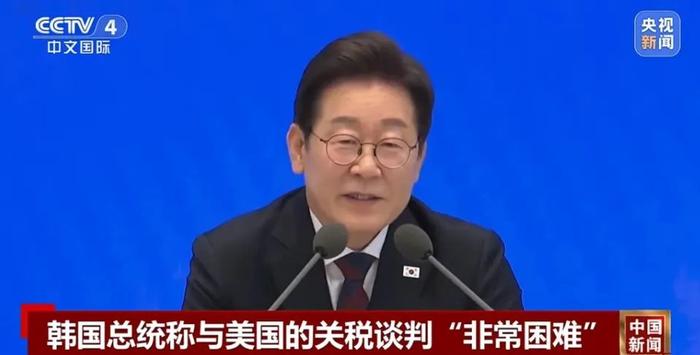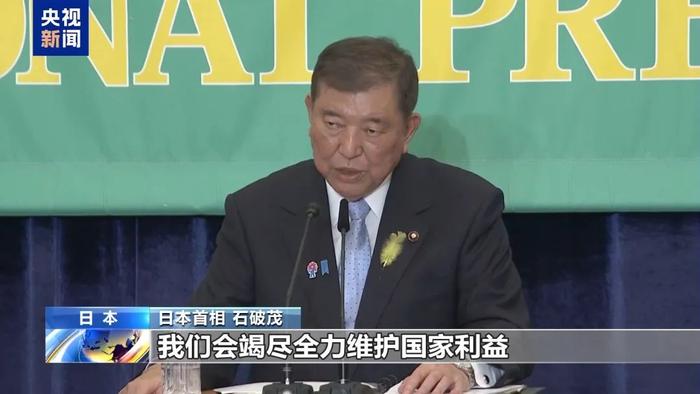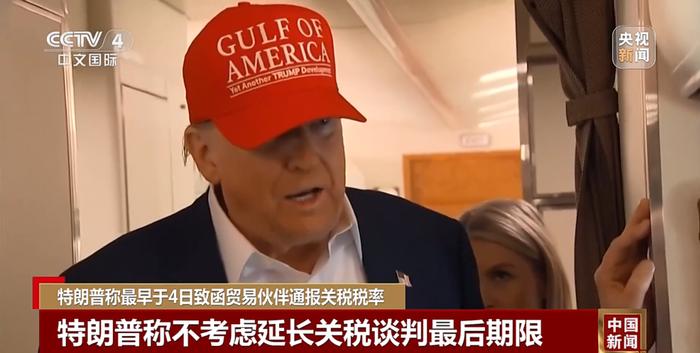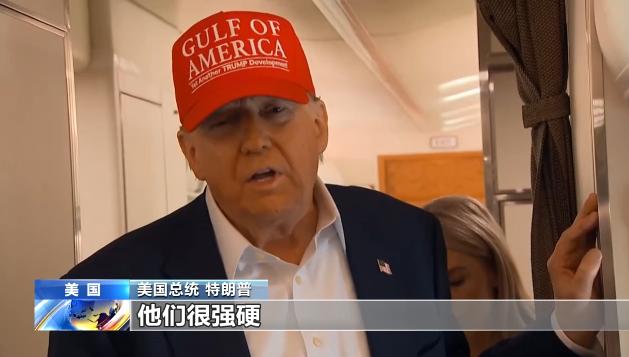



According to news reports, U.S. President Donald Trump stated on the 3rd local time that he would begin sending letters to trade partners on the 4th, setting unilateral tariff rates and announced that countries would start paying new tariffs starting from August 1st. Trump mentioned that about “10 or 12 letters” would be sent out on the 4th, with more letters expected to be dispatched in the coming days.
As reported by Chinese media outlets such as Bloomberg, Trump’s statement implies that the White House is skipping the previously promised steps of negotiating separately with each country, instead opting for direct setting of “countervailing tariffs,” which increases the risk for countries eager to reach a trade agreement with the United States.
On July 1st, Trump had indicated that he did not consider extending the deadline for negotiations on trade agreements with the United States until July 9th.
With less than a week left until the so-called tariff negotiation deadline set by the U.S., multiple parties including the European Union, Japan, and India have emphasized their positions to defend their interests.
On July 3rd, the EU Commissioner responsible for trade and economic security, Sforzini, held talks in Washington with representatives from the United States. The EU Commission President, Ursula von der Leyen, stated that the EU hopes to resolve issues through negotiations on tariffs and “is ready to reach a principled agreement with the United States”; however, if negotiations fail, the EU will resolutely take retaliatory measures to protect its economy, “all possible responses are being considered.”
Currently, the United States imposes a 25% tariff on automobiles and parts from the EU, and a 50% tariff on steel and aluminum products. Additionally, the US is considering expanding tariffs on the EU to include timber, aerospace components, pharmaceuticals, chips, and key minerals.
The failure to make a breakthrough means that U.S.-EU trade negotiations will continue until the weekend.
EU negotiators expressed their hope that if a broader trade agreement cannot be reached, they would ensure the extension of the US’s temporary tariff deferral period.
It is reported that the scale of EU’s second round of retaliatory measures has been reduced from the initial $95 billion to $72 billion.
EU diplomats stated that the US threat could lead to a 17% tariff on EU agricultural exports.
Japan emphasizes the maintenance of national interests
After multiple rounds of consultations, the trade negotiations between Japan and the United States have hit a deadlock. On July 1st, US President Donald Trump once again complained about Japan not purchasing enough American cars and rice, and threatened to increase tariffs on Japan.
US President Donald Trump: “I am not sure we will reach an agreement with Japan, and I doubt it.” They are very tough, so all I can do is write them a letter saying “Thank you for your efforts, but we know you can’t do what we need. Therefore, you will pay 30%, 35%, or any number we determine as our tariffs.”
On July 2nd, Japanese Prime Minister Shinzo Abe responded by stating that Japan would resolutely safeguard its national interests.
Japanese Prime Minister Shinzo Abe: “We will spare no effort in safeguarding our national interests. Many countries have trade relations with the United States, but one point I must make is that unlike other countries, Japan is the largest overseas investor in the United States. We have created a large number of jobs for the US, and what we value is investment rather than tariffs. We will continue to defend our national interests based on this foundation.”
In the trade negotiations between Japan and the US, automobiles and agriculture are major difficulties. The automobile industry is a core sector of Japan, and the imposition of a 25% tariff on automobiles by the US has had a significant impact on Japan’s economy. Additionally, agricultural protection policies are one of the core policies of the ruling Liberal Democratic Party in Japan. On July 1st, Yoshihide Suga, Japan’s Chief Cabinet Secretary, stated, “Japan will not consider sacrificing agriculture in the tariff negotiations.”
India Plans to Implement Retaliation Tariffs Against the United States
On July 1, media reports indicated that India is seeking a temporary trade agreement with the United States this week.
According to Xinhua News Agency, citing foreign media, India reported to the World Trade Organization on July 4 that it plans to impose retaliatory tariffs against the United States due to the impact of the tariffs imposed by the US on automobiles and their components on India’s exports.
The report stated that India expressed in its notification that the US’s imposition of tariffs violated the rules of the World Trade Organization and had a significant impact on bilateral trade. India has suspended tariff concessions equivalent to those imposed by the WTO, while retaining the right to adjust the list of target products and the level of tariffs.
The so-called “reciprocal tariff” 90-day moratorium set by the US will end on July 9. Currently, India and the United States are still in trade negotiations. On July 4, Indian Commerce and Industry Minister Piyush Goyal stated that the trade agreement India is prepared to reach must be in line with its national interests, not just to reach an agreement before the deadline.
One of the main disagreements in the trade negotiations between India and the United States is India’s reluctance to open its agricultural and dairy markets.
On July 2, the US and India continued discussions on tariff issues. However, sources mentioned that both sides were unable to reach an agreement on agriculture and dairy products. India, aiming to protect the interests of its farmers, is unwilling to reduce the tariffs on imported American genetically modified corn, soybeans, wheat, etc., as well as other products. The Finance Minister of India, Sitharaman, had previously emphasized that agriculture and dairy products are two major “red lines” in the trade negotiations between India and the US.
Ajay Srivastava, founder of the think tank Global Trade Research Program: In this regard, India is taking a firm stance because it is a sensitive issue for India.
Tariff Negotiations with the United States Are “Very Difficult”
South Korean President Moon Jae-in stated on July 3 that the current tariff negotiations between South Korea and the United States are “very difficult,” and it is uncertain whether they can complete the negotiations before July 8.
Li Zhaoming stated that neither the South Korean nor American side is very certain about what they want. He also mentioned that he would make every effort to reach an agreement with the United States before July 8, striving for a result that centers on the interests of South Korea and seeks a win-win outcome.